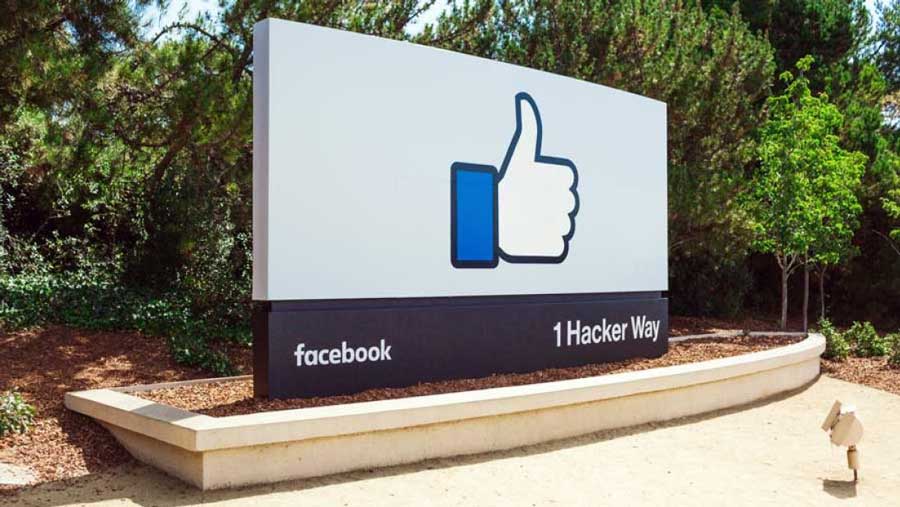FTC Offers New Evidence for Facebook Monopoly Claim
Regulator shares data on platform’s dominance in amended antitrust complaint

The smarter way to stay on top of the multichannel video marketplace. Sign up below.
You are now subscribed
Your newsletter sign-up was successful
Between September 2012 and December 2020, Facebook's share of time spent by users of apps providing social networking averaged a whopping 92% per month, the Federal Trade Commission said.
That was among the new data in the regulator’s amended claim of anti-competitive conduct by Facebook to the U.S. District Court for the District of Columbia last week.
The FTC is claiming that Facebook has become so dominant by following CEO Mark Zuckerberg's plan to buy up to monopoly. It cited his 2008 statement that “it is better to buy than compete” — citing the acquisitions of WhatsApp and Instagram — as exhibits A and B. The FTC called Facebook’s actions an “anti-competitive acquisition strategy with anticompetitive conditional dealing policies, designed to erect or maintain entry barriers and to neutralize perceived competitive threats.”
By contrast, the combined shares of Snapchat, Google Plus, MySpace, Path, MeWe, Orkut and Friendster did not exceed 18% in any month over that time, the FTC said, citing Comscore data. Only Snapchat reached a 10% share, the FTC said.
“Facebook implemented an anti-competitive scheme that prevented differentiated and innovative firms from gaining scale, thus enabling Facebook to maintain its dominance,” the regulator claimed.
The smarter way to stay on top of the multichannel video marketplace. Sign up below.
Contributing editor John Eggerton has been an editor and/or writer on media regulation, legislation and policy for over four decades, including covering the FCC, FTC, Congress, the major media trade associations, and the federal courts. In addition to Multichannel News and Broadcasting + Cable, his work has appeared in Radio World, TV Technology, TV Fax, This Week in Consumer Electronics, Variety and the Encyclopedia Britannica.

